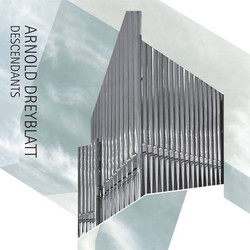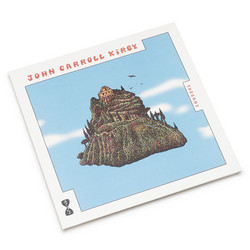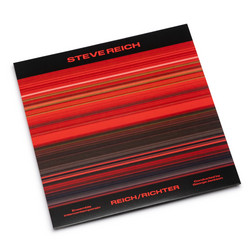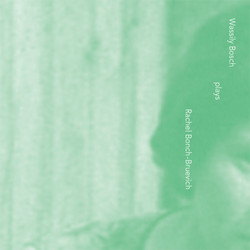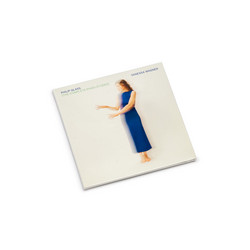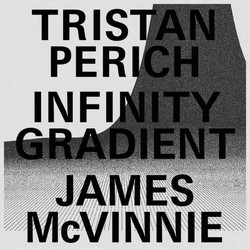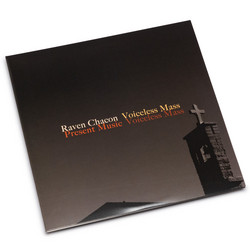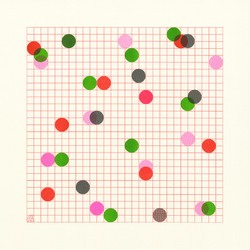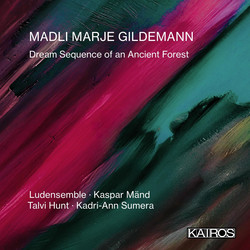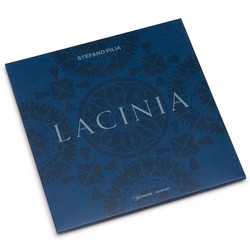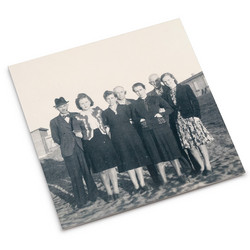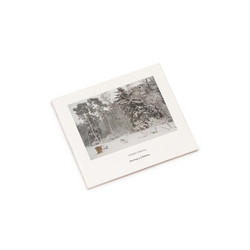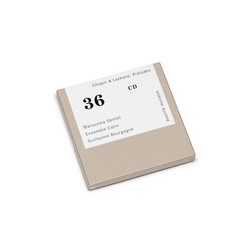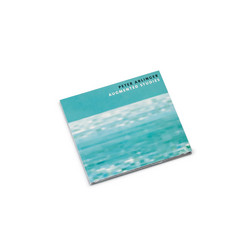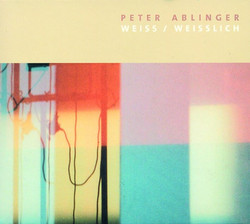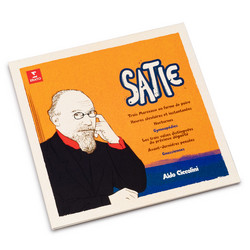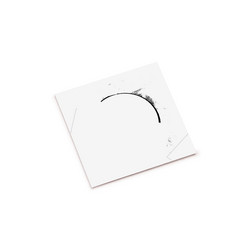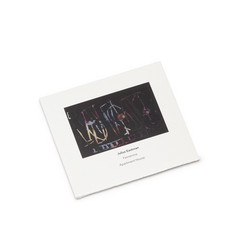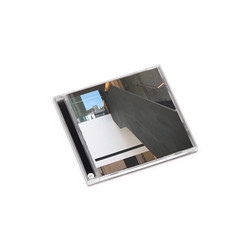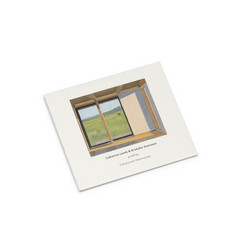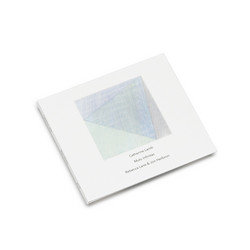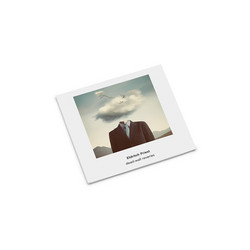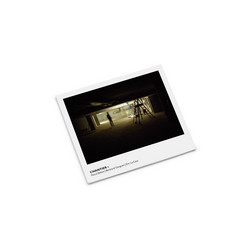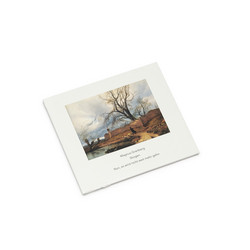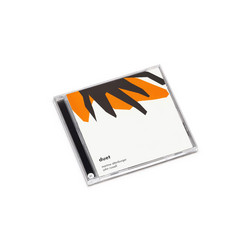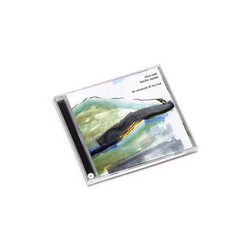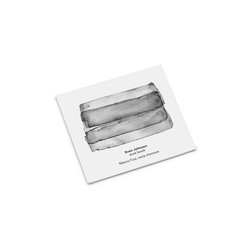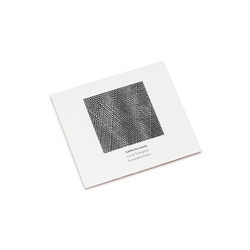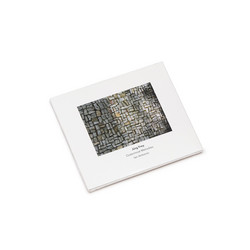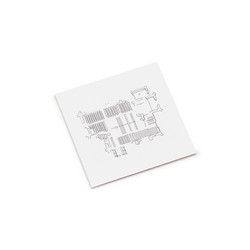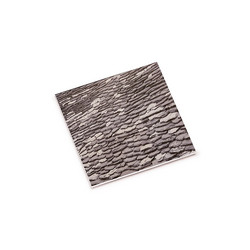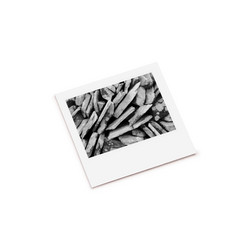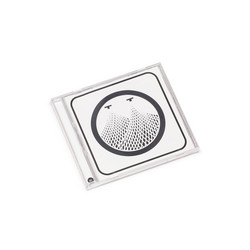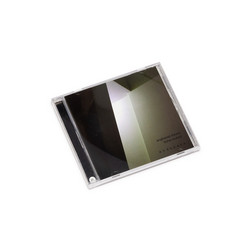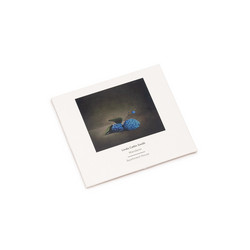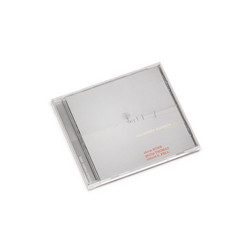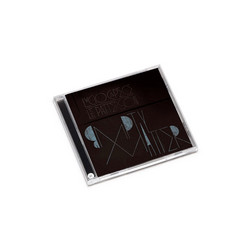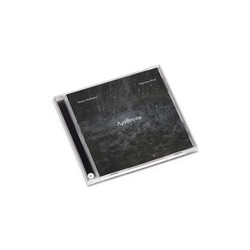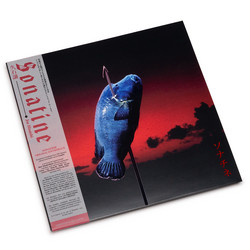A suite of five pieces for acoustic instruments and electronics by Argentine-born composer Santiago Diez Fischer, who lives and teaches in France and whose work occupies a unique space between new music, experimental rock, and free improvisation. All five pieces were written specifically for Gyre Ensemble - Alejandro Oliván López (baritone saxophone), Stefanie Mirwald-Keiser (accordion), and Christian Streit Smith (percussion) - a trio whose particular combination of timbres and approaches has clearly inspired the composer's imagination.
Diez Fischer adds electronics and beautifully subtle vocal accompaniments to the acoustic instrumentation, but crucially, the voice he has in mind is not a classical or trained voice. As he explains: "It's an everyday voice, the voice with which we hum a song we love, the voice we use when singing to ourselves, the voice with which, I imagine, our ancestors once sang." This democratization of vocal technique is central to the work's aesthetic - these are songs in the most fundamental sense, utterances that emerge from the body without mediation, without the intervention of formal training. The music itself has been described as "punk-poetic" - a useful term that captures both its raw energy and its literary sensibility. There are moments of genuine abrasiveness here, passages where the electronics grind and scrape against the acoustic instruments, where the accordion wheezes and groans, where the baritone saxophone roars. But there are also moments of surprising tenderness, sudden shifts into quieter, more introspective territory.
Diez Fischer himself offers a telling metaphor for his compositional approach, likening it to sculpture that is "unfinished...coming from that place where stone ceases to be stone and becomes sculpture, and where the sculpture merges again with the raw stone." This sense of incompletion, of process rather than product, permeates the work. We hear music in the act of becoming, music that retains traces of its raw materials, that doesn't fully resolve into finished, polished forms.
The influence of experimental rock - particularly the work of bands like Sonic Youth and Swans - can be heard in the piece's approach to texture and volume, while the careful attention to timbre and the integration of electronics recall composers like Helmut Lachenmann and Chaya Czernowin. But Diez Fischer's voice is ultimately his own - fantastically original music that refuses easy categorization, that challenges and rewards in equal measure. Essential listening for anyone interested in contemporary experimental music that doesn't fit neatly into established genres.
